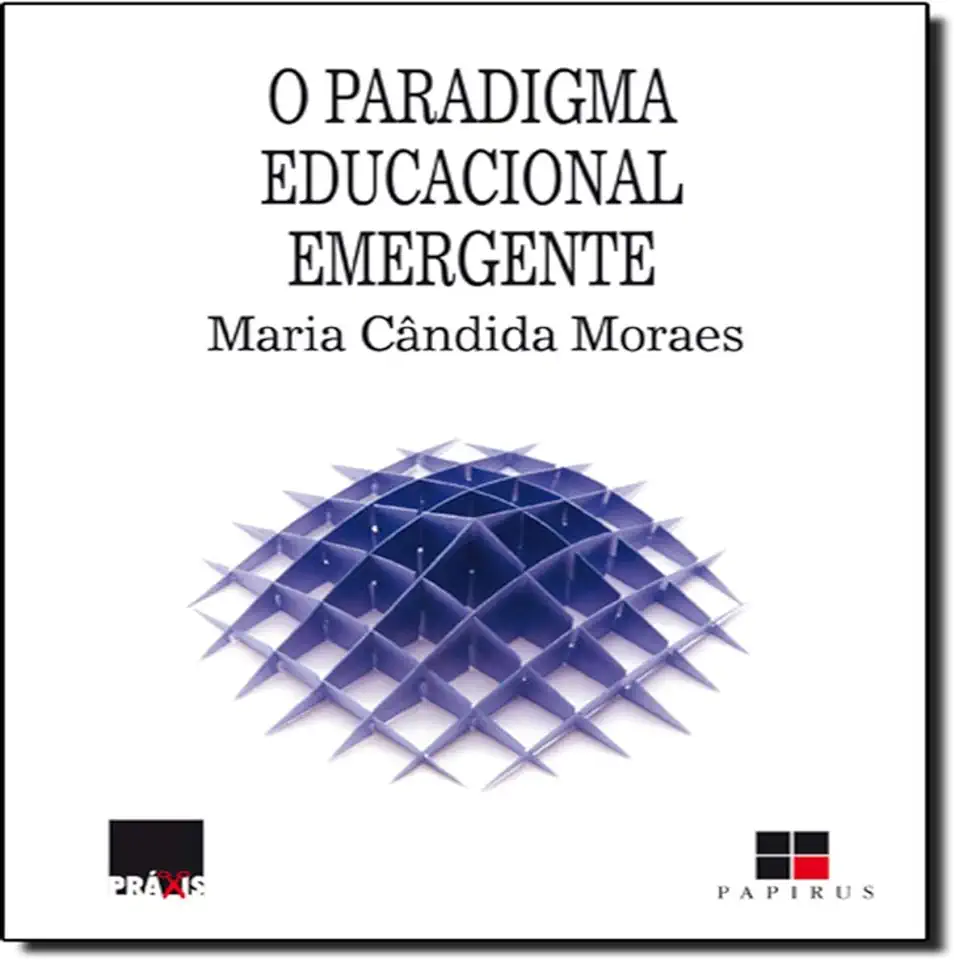
The Emerging Educational Paradigm - Maria Cândida Moraes
The Emerging Educational Paradigm: A Vision for the Future of Education
In her groundbreaking book, "The Emerging Educational Paradigm," renowned education scholar Maria Cândida Moraes presents a compelling vision for the future of education. Drawing on decades of research and experience, Moraes argues that the current educational system is no longer fit for purpose in a rapidly changing world. She proposes a new paradigm that is based on the principles of collaboration, creativity, and critical thinking.
A New Vision for Education
Moraes' vision for the future of education is based on the belief that all students have the potential to learn and succeed. She argues that the current system, which is based on standardized testing and rote learning, stifles creativity and discourages students from developing their full potential.
Moraes proposes a new paradigm that is based on the following principles:
- Collaboration: Students learn best when they are working together. Collaborative learning encourages students to share ideas, build on each other's strengths, and develop problem-solving skills.
- Creativity: Creativity is essential for success in the 21st century. Students need to be able to think outside the box and come up with new ideas. The new paradigm encourages students to explore their creativity and develop their own unique talents.
- Critical thinking: Critical thinking is the ability to analyze information, evaluate arguments, and make informed decisions. Students need to be able to think critically in order to succeed in the complex world of the 21st century. The new paradigm encourages students to develop their critical thinking skills and become independent learners.
Benefits of the Emerging Educational Paradigm
The emerging educational paradigm offers a number of benefits over the current system. These benefits include:
- Increased student engagement: Students are more engaged in learning when they are working together, being creative, and thinking critically.
- Improved student achievement: Students who learn in collaborative, creative, and critical thinking environments achieve higher levels of academic success.
- Better preparation for the 21st century workforce: The emerging educational paradigm prepares students for the skills they need to succeed in the 21st century workforce.
- A more just and equitable society: The emerging educational paradigm creates a more just and equitable society by giving all students the opportunity to reach their full potential.
Conclusion
"The Emerging Educational Paradigm" is a must-read for anyone who is interested in the future of education. Moraes' vision for a new paradigm is based on sound research and evidence, and it offers a compelling alternative to the current system. If you are looking for a book that will inspire you to think differently about education, then I highly recommend "The Emerging Educational Paradigm."